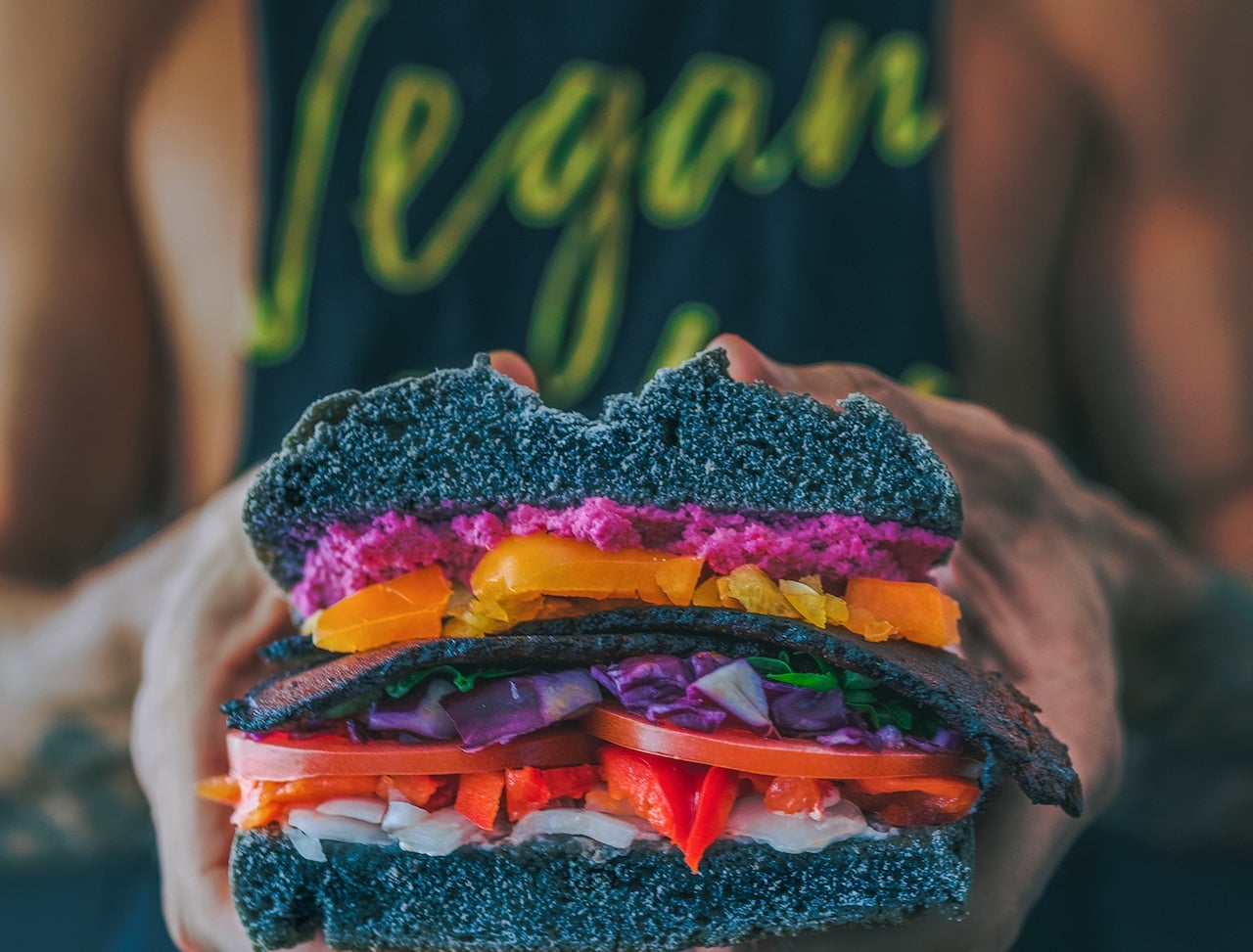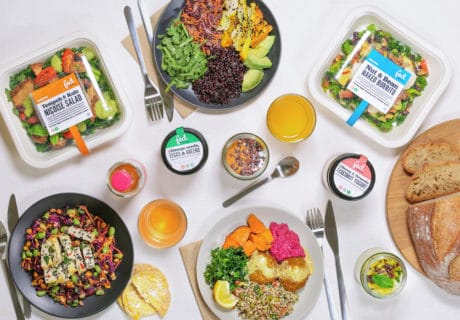Experts are warning that vegans and those partaking in the annual Veganuary campaign must ensure there is enough vitamin B12 in their diets. The risk of deficiency, they say, is ‘not a myth’.
Speaking out ahead of Veganuary 2020, Tim Key – professor of epidemiology at Oxford University, and a long-time vegan himself – says he ‘would be worried’ about consumers who switch to veganism but don’t ‘read up about what you need to eat as a vegan’, as they would be unlikely to comprehend the importance of optimal B12 intake.
Emeritus professor Tom Sanders, nutrition and dietetics at King’s College London, adds: “Of all the micronutrients, B12 is the one we’re most concerned about. I’m concerned many people think B12 deficiency is a myth.”
Of all the micronutrients, B12 is the one we’re most concerned about
“It’s something that can be easily avoided, and what concerns me is that many new people becoming vegan are unaware of the need to combine sources of plant proteins. And they’re not aware of the need to ensure they have adequate levels of B12.”
B12 is commonly found in meat, fish, eggs and dairy products. For vegans, it is available as supplements or in fortified foods. Long-term shortages can lead to nerve damage, irreversible numbness and degeneration of the spinal chord, although it can take up to four years for symptoms to show.
Heather Russell, dietitian at the Vegan Society, comments that ‘nutritional planning is essential for everyone’, whether vegan or not. “Going vegan is an opportunity to learn more about nutrition, including how to balance food groups, and the roles of fortified foods and supplementation. Vegans obtain vitamin B12 from fortified foods or supplementation, and guidance is available on on the Vegan Society’s website.”





